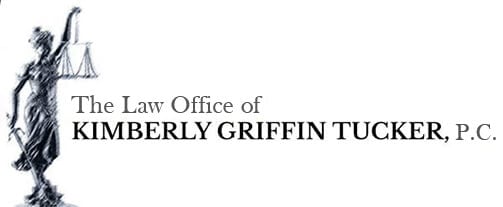Most drivers have heard of the 0.08 % blood alcohol content (BAC) limit. They know that they need to stay under it if tested by the police. Otherwise, the officers will arrest them for driving while intoxicated (DWI).
What many people fail to realize is that this is an oversimplification of the situation. Here is why:
Sometimes the limit is lower
Commercial driving license holders must comply with a maximum 0.04 BAC limit. Getting caught above it could cost them their license and therefore their opportunity to work.
If you are under 21, your BAC limit to drive is zero because you are not legally allowed to drink alcohol in the first place, let alone when driving. Even the tiniest amount of alcohol in your system could allow police officers to charge you with Driving Under the Influence of Alcohol by a Minor (DUIA by a Minor).
Clearly, many people do drink before they are 21, but it’s important to remember that alcohol can stay in your system for quite some time, and you could still face charges even if you have not had a drink the same day.
The 0.08 % BAC limit is a threshold for an automatic charge
The police can still charge you with drunk driving if you are under the 0.08% limit. They can do so if they feel your behavior shows the alcohol influenced your driving sufficiently to make you a danger. What happens at 0.08% is you automatically get charged without police needing to prove anything else.
The defense options to drunk driving charges can also be hard to understand. Getting help to learn more is wise if you face charges.
